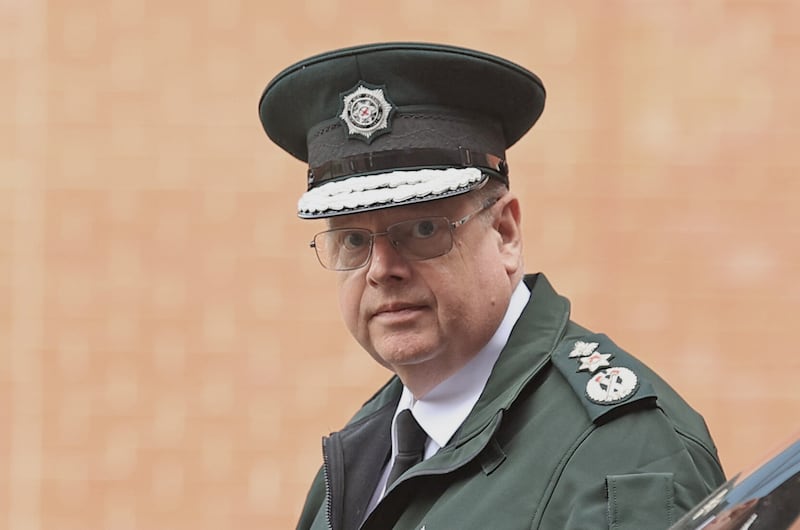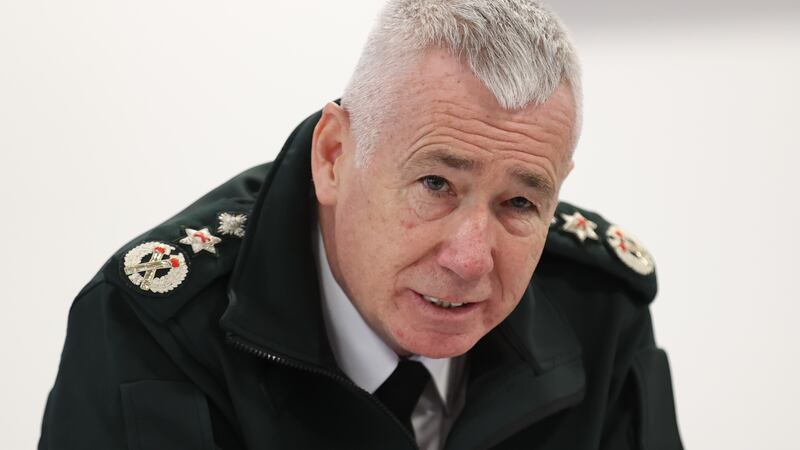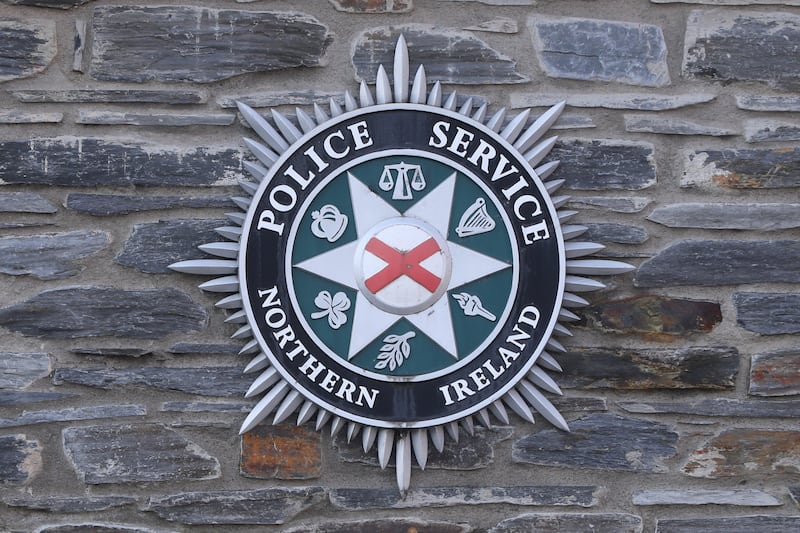A series of data breach bungles forced the resignation of Simon Byrne as PSNI chief constable so it should surprise no-one that his successor, Jon Boutcher, has prioritised dealing with the fallout.
It is important that he does so. In the most staggering episode the details of 9,500 staff and officers were accidentally published, leading to legitimate concerns about their personal safety and security, especially after the police confirmed the information was in the hands of dissident republicans.
There are stark financial implications, too. The PSNI, which is facing the same pressures as the rest of the public sector, says security and legal costs could top £240 million.
Read more:
Outdated approach to data contributed to major PSNI breach, report finds
PSNI response to data breach will not be fudged, Boutcher vows
Budget crisis could end PSNI providing support to other police forces, MPs told
The Policing Board, which has not distinguished itself in recent times, ordered a report into the fiasco. It was conducted by Pete O’Doherty, temporary commissioner at the City of London Police, and has made 37 recommendations.

Mr Boutcher, who appeared before the Policing Board on Monday and MPs on the NI Affairs Committee on Wednesday, has sought to present the detail in the report as a wake up call “for every police force in the country”, and not just the PSNI.
“It was difficult reading but I accept and indeed embrace the learning within it,” Mr Boutcher said, adding that it was “an organisational failing, and accumulation of issues”. He promised MPs that the failings highlighted in the review wouldn’t be fudged.
Mr Boutcher addressed the security aspect of the information failure, saying it was a “damning indictment”, particularly in the context of the New IRA murder attempt on detective chief inspector John Caldwell in February.
Mr Boutcher has come into the role of chief constable not only with a strong degree of good will but also with high expectations. Putting the O’Doherty report’s recommendations into practice should be a matter of urgency, and could go a long way towards helping to restore the confidence of PSNI staff and officers, as well as the public.
WhatsApp messages
The Executive Office and NI Civil Service also finds itself in difficulty over a data issue, after WhatsApp messages sent by Arlene Foster and Michelle O’Neill during the Covid pandemic were wiped.
This is despite the UK Covid Inquiry asking permanent secretaries to ensure no material of potential relevance was destroyed.
It appears uncomfortably close to the Boris Johnson approach to these matters. Jayne Brady, the head of the civil service, should explain exactly how this happened.







